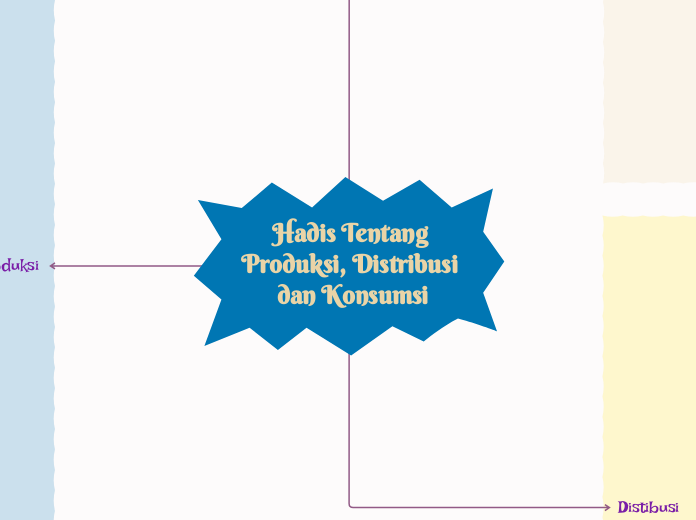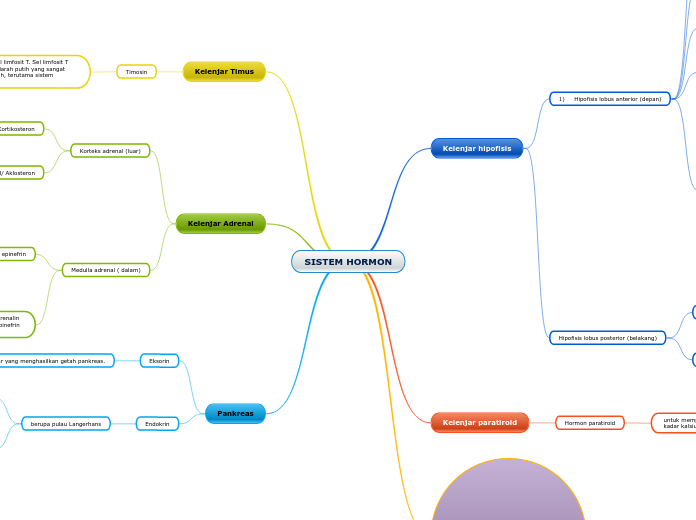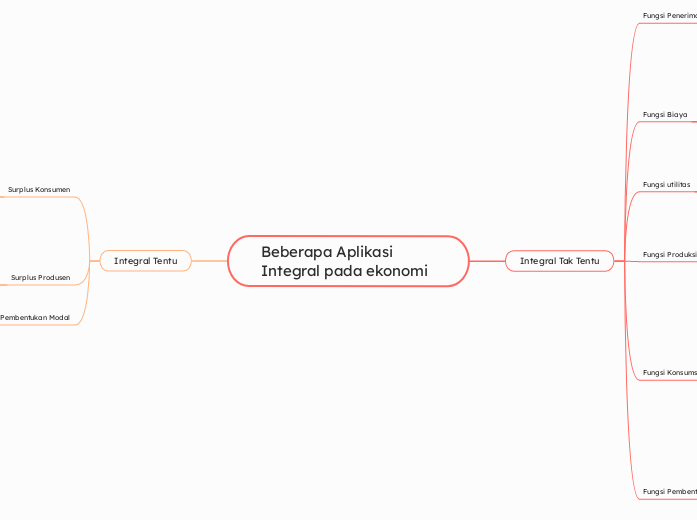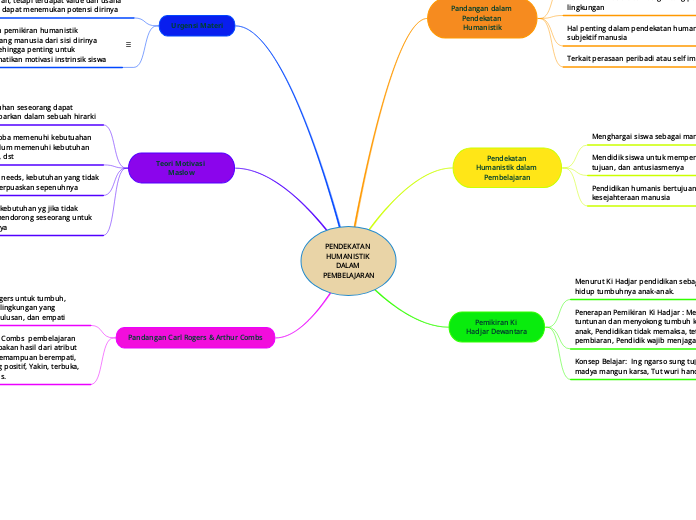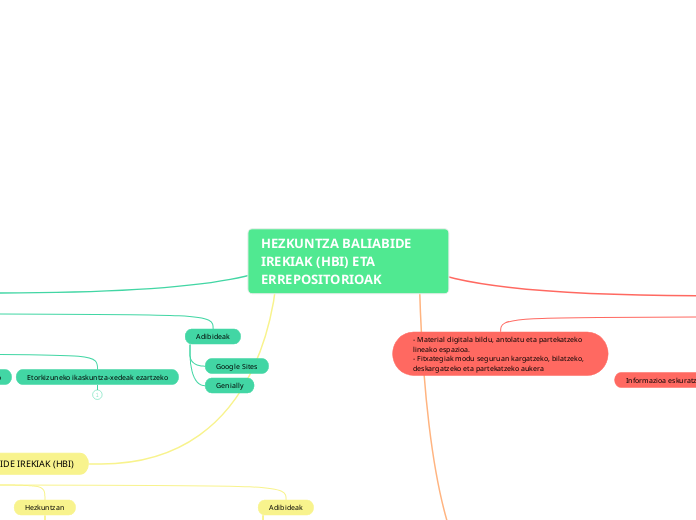Hadis Tentang Produksi, Distribusi dan Konsumsi
Produksi
There are four Future tenses:
- Future Simple ('with Will' and 'with Going to')
- Future Continuous
- Future Perfect Simple
- Future Perfect Continuous
Khalifah di muka bumi tidak hanya berdasarkan pada aktivitas menghasilkan daya guna suatu barang saja melainkan bekerja dilakukan dengan motif kemaslahatan untuk mencari keridhaan Allah SWT.
Etika dalam berproduksi memanfaatkan kekayaan alam juga sangat tergantung dari nilai-nilai sikap manusia, nilai pengetahuan, dan keterampilan.
Etika mengelola sumber daya alam dalam berproduksi dimaknai sebagai proses menciptakan kekayaan dengan memanfaatkan sumber daya alam harus bersandarkan visi penciptaan alam ini dan seiring dengan visi penciptaan manusia yaitu sebagai rahmat bagi seluruh alam.
Berproduksi dalam lingkaran yang Halal.
Peringatan Allah akan kekayaan alam.
Faktor-Faktor
Modal, manajemen dan tekhnologi.
Tenaga kerja terkait langsung dengan tuntutan hak milik melalui produksi.
Tanah dan segala potensi ekonomi di anjurkan Al-Qur’an untuk di olah dan tidak dapat dipisahkan dari proses produksi.
Tujuan
Future Perfect Simple is used for:
- an action that will continue up until a point in the future
- an action that finishes just before another time or action in the future
Some adverbs used with Past Perfect Continuous for future actions:
- for
- since
- next week
- next month
- next year
Menurut Ibnu Khaldun dan beberapa ulama lainnya berpendapat, kebutuhan manusia dapat digologkan kepada tiga kategori, yaitu dharuriyah, hajjiyat, tahsiniyat.
Bantuan kepada masyarakat dalam rangka beribadah kepada Allah.
Bekal untuk generasi mendatang.
Structure:
Will + Subject + Have Been + Verb-ING
e.g. How long will they be working on that project next week?
Pemenuhan kebtuhan keluarga.
Structure:
Subject + Won’t Have Been + Verb-ING
e.g. They won’t have been working on that project for two years next week.
Pemenuhan kebutuhan-kebutuhan individu secara wajar.
Structure:
Subject + Will Have Been + Verb-ING
e.g. They will have been working on that project for two years next week.
Ayat Al-Qur’an dan Hadits
Future Perfect Simple is used for:
- an action that will be finished by a particular time in the future
- an action that starts before and continues up to another action or time in the future
- an action that will finish before a certain time in the future, but it is not known exactly when
Adverb used with Future Continuous:
- tomorrow (e.g. tomorrow by 7)
Sedangkan di dalam hadist, salah satunya sebagai berikut :
“HR Bukhari, Nabi mengatakan ; “Seseorang yang mempunyai sebidang tanah harus menggarap tanahnya sendiri, dan jangan membiarkannya. Jika tidak digarap, dia harus memberikannya kepada orang lain untuk mengerjakannya. Tetapi bila kedua-duanya tidak dia lakukan idak digarap, tidak pula diberikan kepada orang lain untuk mengerjakannya maka hendaknya dipelihara/dijaga sendiri. Namun kami tidak menyukai hal ini.”
Structure:
Subject + Won’t Have + Past Participle
e.g. I won’t have met my friend form United States by this time tomorrow.
Qs. As-Sajdah : 27
أَوَلَمْ يَرَوْا۟ أَنَّا نَسُوقُ ٱلْمَآءَ إِلَى ٱلْأَرْضِ ٱلْجُرُزِ فَنُخْرِجُ بِهِۦ زَرْعًا تَأْكُلُ مِنْهُ أَنْعَٰمُهُمْ وَأَنفُسُهُمْ ۖ أَفَلَا يُبْصِرُونَ
“Dan apakah mereka tidak memperhatikan, bahwasanya Kami menghalau (awan yang mengandung) air ke bumi yang tandus, lalu Kami tumbuhkan dengan air hujan itu tanaman yang daripadanya makan hewan ternak mereka dan mereka sendiri. Maka apakah mereka tidak memperhatikan?
Structure:
Subject + Will Have + Past Participle
e.g. I will have met my friend form United States by this time tomorrow.
Future Continuous is used:
- for an action that is likely to happen in the future and continue for an expected length of time
- for an action that will be in progress at some point in the future
- for action verbs (e.g. running)
- for predictions about future events
Adverb used with Future Continuous:
- tomorrow (e.g. tomorrow at 5 o'clock)
Memelihara lingkungan
Larangan melakukan ikhtikar (penimbunan barang).
Structure:
Will + Subject + Be +Verb-ING?
e.g. Will you be having fun at the party?
Di larang melakukan kegiatan produksi yang mengarah kepada kedzaliman.
Structure:
Subject + Won’t Be + Verb-ING
e.g. He won’t be having fun at the party.
Dilarang memproduksi dan memperdagangkan komoditas yang tercela karena bertentangan dengan syariah.
Structure:
Subject + Will Be + Verb-ING
e.g. You will be having fun at the party.
Pengertian
Future Simple is used:
- to predict an event in the future
- to invite
- to give orders
- to express willingness
- for actions that have not yet occurred but that will occur at a future date
Produksi adalah setiap bentuk aktivitas yang dilakukan mansia dengan cara mengeksplorasi sumber-sumber ekonomi yang disediakan Allah Swt untuk mewujudkan suatu barang dan jasa yang digunakan tidak hanya untuk kebutuhan fisik tetapi juga untuk memenuhi kebutuhan non fisik, dalam artian yang lain produksi dimaksudkan untuk mencapai maslahah bukan hanya menciptakan materi.
'Going to' Future is used:
- to talk about our future intentions and plans
- for commands
Some adverbs used with 'Going to' Future:
- later
- tonight
- tomorrow
- next week
- next month
- next year
Distibusi
There are four Past tenses:
- Past Simple
- Past Continuous
- Past Perfect Simple
- Past Perfect Continuous
Past Perfect Continuous is used:
- for an action that started in the past and continued up to another point in the past
- to show cause and effect
Some adverbs used with Past Perfect Continuous:
- since (e.g. since yesterday)
- for (e.g. for 10 years, for 6 months)
Kesamaan Sosial, maksudnya dalam pendistribusian tidak ada diskriminasi atau berkasta-kasta, semuanya sama dalam mendapatkan ekonomi.
Distribusi kekayaan yang meluas, Islam mencegah penumpukan kekayaan pada kelompok kecil dan menganjurkan distribusi kekayaan kepada seluruh lapisan masyarakat.
Mencari keuntungan yang wajar.
Larangan Ikhtikar, ikhtikar dilarang karena akan menyebabkan kenaikan harga.
Tidak pernah lalai ibadah karena kegiatan distribusi.
Tidak melakukan pameran barang yang menimbulkan persepsi.
Tolong menolong, toleransi dan sedekah.
Adil, dan tidak mengerjakan hal-hal yang dilarang di dalam Islam.
Structure:
Had + Subject + been Verb-ING?
e.g. How long had they been living in London before moving here?
Transparan, dan barangnya halal serta tidak membahayakan.
Structure:
Subject + hadn’t been/had not been + Verb-ING
e.g. I was tired because I hadn't been sleeping.
Selalu menghiasi amal dengan niat ibadah dan ikhlas.
Structure:
Subject + had been + Verb-ING
e.g. They had been talking for over an hour before I arrived.
Tujuan dalam Ekonomi Islam
Past Continuous is used for:
- an action that happened before another action in the past
- an action that started in the past and continued up to a given time in the past
- an action done several times up to a point in the past and continued to do after that point
- an action that happened in the past but is important at the time of reporting
Some adverbs used with Past Continuous:
- always, only, never, ever, still, just
Tujuan Ekonomi
Tujuan Sosial
Structure:
Was/ were + Verb-ING?
e.g. Were you studying when she called?
Tujuan Pendidikan
Structure:
Subject + wasn’t (was not)/ weren’t (were not) + Verb-ING
e.g. You were not studying when she called.
Tujuan Dakwah
Structure:
Subject + was/ were + Verb-ING
e.g. You were studying when she called.
Urgensi dan Tujuan
Past simple expresses:
- an action that happened in the past and has no connection with the present
- an action that happened once in the past
- an action that happened regularly in the past
- an action that was true for some time in the past
- an event or action that already occurred
- an action that is finite - has both a starting and a stopping point
Some adverbs used with Past Simple:
- yesterday
- last month, last year
- ago (e.g. two days ago)
- in (e.g. in 1997)
- never, always, seldom, often, frequently, occasionally, once, twice
Jelas dan jauh dari perselisihan.
Tetap berpengaruhnya rasa cinta dan lemah lembut.
Structure:
Did + subject + Base Form of the Verb?
e.g. Where did you meet her?
Antara dua penyelenggara muamalat tetap ada keadilan dan harus tetap ada kebebasan ijab kabul dalam akad-akad.
Structure:
Subject + did not/didn’t + Base Form of the Verb
e.g. They didn’t like my food.
Tetap mengumpulkan antara kepentingan individu dan kepentingan masyarakat.
Structure:
Subject + Verb in Past Simple (2nd form)
e.g. They lived in Spain three years ago.
Konsumsi
There are four Present tenses:
- Present Simple
- Present Continuous
- Present Perfect
- Present Perfect Continuous
Etika
Present Perfect is used for:
- an action that occurred at a time which is indefinite and has its effect on the subject
- an action that occurred many times and has the possibility to occur in the present/future
- an action that began in the past and is still going on in the present
Some adverbs used with Present Perfect:
- just
- already
- yet
- for
- never/ever
- up to now
Sederhana
Halal
Amanah (Responsibility/Pertanggungjawaban)
Free Will (Kehendak Bebas)
Structure:
Have/ has +Subject+ Past Participle?
e.g. Has she finished the letter?
Adil (Equilibrium/Keadilan)
Structure:
Subject + haven’t (have not)/ hasn’t (has not) + Past Participle
e.g. She hasn’t finished the letter.
Tauhid (Unity/Kesatuan)
Structure:
Subject + have/ has + Past Participle (3rd Form of the Verb)
e.g. She has finished the letter.
Prinsip-Prinsip
Present Continuous is used to indicate the ongoing time (now).
Some adverbs used with Present Continuous:
- now, right now
- at this moment
- at the moment
- continually
- perpetually
- this year
- this season
- forever
Prinsip Moralitas
Prinsip Kemurahan Hati
Prinsip Kesederhanaan
Structure:
BE + Subject + Verb-ING?
Are you eating now?
Prinsip Kebersihan
Structure:
Subject + BE not + Verb-ING
e.g. You are not eating now.
Prinsip Keadilan
Structure:
Subject + BE (am/is/are) + Verb-ING
e.g. You are eating now.
Pengertian dan Tujuan
Present Simple is used for:
- habits
- general truths
- repeated actions of events
- fixed arrangements/timetables
- feelings/opinions/beliefs
- instructions.
Some adverbs used with Present Simple:
- always
- usually
- seldom
- never
- sometimes
- often
- frequently, generally
- habitually, occasionally
- once, twice
Tujuan konsumsi dalam Islam adalah untuk mewujudkan maslahah duniawi dan ukhrawi. Maslahah duniawi ialah terpenuhinya kebutuhan dasar manusia, seperti makanan, minuman, pakaian, perumahan, kesehatan, pendidikan (akal).
Structure:
Subject (I, You, We, They) + do not / don’t + V1 (First Form of Verb)
Subject (He, She, It) + does not / doesn’t + V1 (First Form of Verb)
e.g. He doesn’t work in a bank.
Konsumsi berperan sebagai pilar dalam kegiatan ekonomi seseorang (individu), perusahaan maupun negara. konsumsi secara umum diformulasikan.
Structure:
Subject (I, You, We, They) + V1(First Form of Verb)
e.g. I usually go jogging at weekends.
Subject (He, She, It)+ V1(First Form of Verb) + s/es
e.g. She writes every day.
